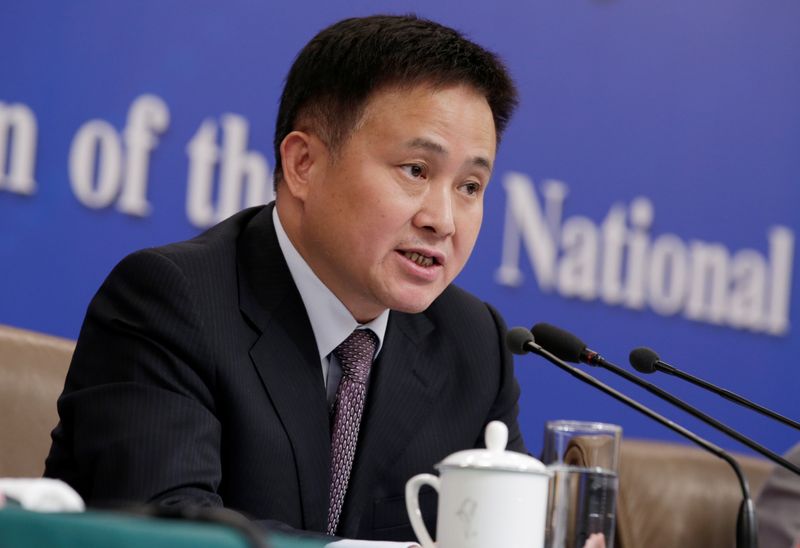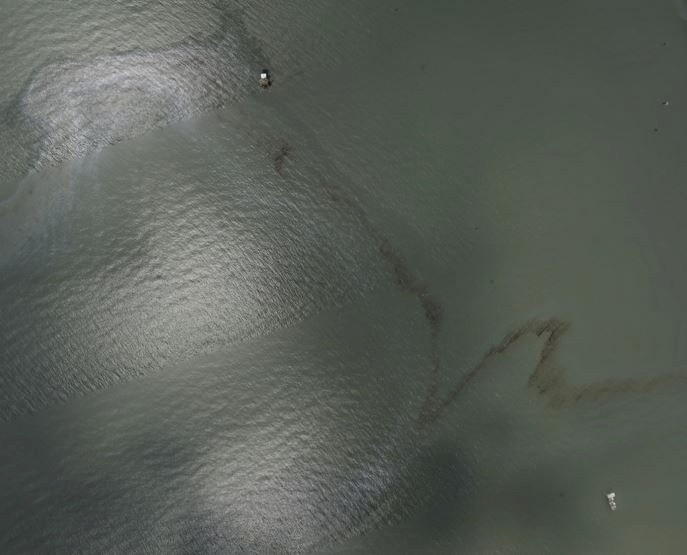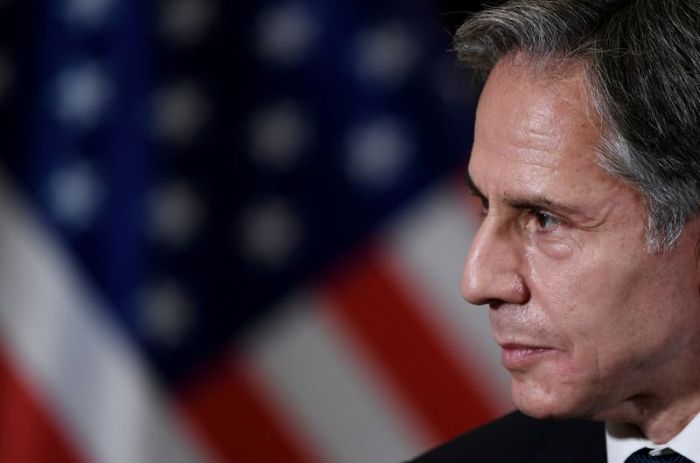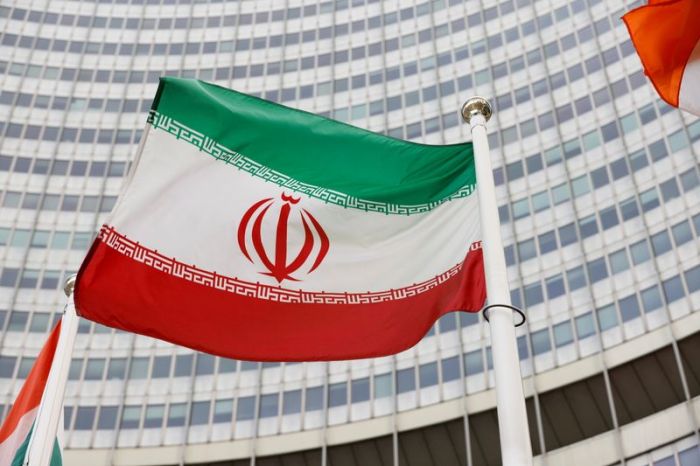BEIJING (Reuters) – Expectations for near-term easing cooled and the yuan strengthened Wednesday after comments by central bank officials the day before that China will maintain prudent monetary policy and that there is no shortfall in base money.
China will not resort to flood-like stimulus, Pan Gongsheng, vice governor at the People’s Bank of China (PBOC), told a news conference on Tuesday.
The space for monetary policy is still relatively big, said Pan, in comments that some analysts said showed the Chinese central bank could conduct policy in a normal range.
Signs that China’s economy is losing steam and small firms are struggling had stoked market expectations of policy support sooner rather than later.
The PBOC last cut banks’ reserve requirement ratio (RRR) in July, in a move that surprised many market players. They speculated that the Chinese economy was weaker than realised, and that easier credit conditions were needed.
Signalling support for credit growth, the government said on Sept. 1 that the central bank would increase annual re-lending quotas by 300 billion yuan ($46 billion) to help small firms.
But the latest comments by PBOC officials cooled market expectations for imminent policy easing, and the Chinese yuan rose against the dollar on Wednesday, while Chinese blue chip share prices fell.
Speaking at the same event, Sun Guofeng, head of the monetary policy department at the PBOC, said there is no big shortfall of base money, and liquidity supply and demand will remain basically balanced in coming months.
“Based on the tone and messages from (the) press conference, we lower the probability of a targeted RRR cut in September-October to 50% from 70% previously,” Nomura wrote in a research note, adding that the PBOC could opt for more targeted tools to support groups such as SMEs instead.
Customs data released on Tuesday showed Chinese exports unexpectedly grew at a faster pace in August thanks to solid global demand, helping to take some of the pressure off the world’s No.2 economy, though economists are still pencilling in a slowdown in the coming months.
At a meeting at the end of July, the ruling Communist Party’s top decision-making body said China would stick with its current economic policies in the second half of the year.
PBOC’s Pan reiterated that stance, saying the central bank should “do a good job in its design of cross-cyclical policies and comprehensively consider the connection of monetary policy this year and the next.”
However, analysts from research firm Gavekal in Beijing said a cut in policy rates later this year cannot be ruled out.
“The logic of cross-cyclical policy is that rate cuts should be pre-emptive, so that they can stimulate corporate investment before weak demand leads companies to cut back,” they said.
“The case for an early rate cut is therefore getting stronger as growth momentum weakens in the second half.”
($1 = 6.4624 Chinese yuan renminbi)
(Reporting by Gabriel Crossley, Ryan Woo and Beijing Newsroom; Editing by Andrew Heavens, Ana Nicolaci da Costa & Simon Cameron-Moore)























